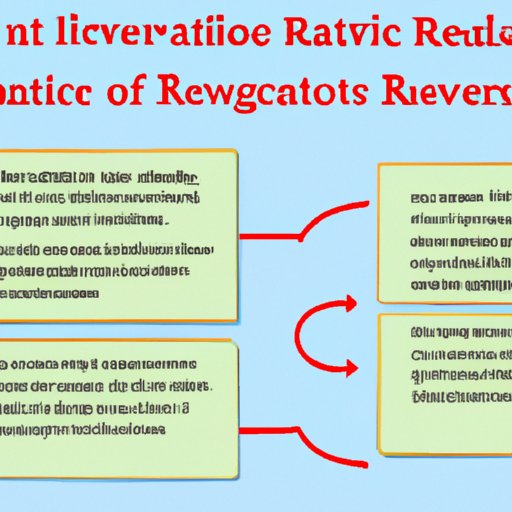Introduction
Review of literature in research methodology is a critical component of any research project. It involves the systematic investigation of published literature related to the research topic, the collection and evaluation of relevant sources, and the synthesis of information gathered from them. This article explores what review of literature in research methodology is, its purpose in research, and how to effectively write one.

Exploring the Usefulness of Review of Literature in Research Methodology
Review of literature in research methodology has many benefits. It helps researchers to understand the existing knowledge on the topic, identify gaps in the literature, and provide a foundation for further research. It can also help to develop a research question or hypothesis, validate the findings of a study, and provide evidence for a conclusion.
However, there are also some drawbacks to using review of literature in research methodology. Reviewing the literature can be time-consuming and labor-intensive, and may not always yield reliable results. Furthermore, it is important to ensure that the sources used in the review are of high quality and up-to-date.

A Comprehensive Guide to Review of Literature in Research Methodology
Writing a review of literature in research methodology is a multi-step process. The following are the steps to follow when writing a review of literature:
1. Identify the Topic
The first step in writing a review of literature is to identify the topic. This includes deciding what type of literature to review and what sources will be used. It is important to choose a topic that is relevant to the research project and narrow enough to allow for a thorough analysis.
2. Search and Collect Relevant Sources
Once the topic has been identified, the next step is to search and collect relevant sources. This can be done through various methods such as library catalogs, databases, and online searches. It is important to select only those sources that are relevant to the research topic and of high quality.
3. Analyze and Evaluate Sources
After collecting the sources, the next step is to analyze and evaluate them. This involves reading each source carefully and taking notes on important points. It is also important to consider the author’s credibility and the date of publication of the source.
4. Synthesize Information
Once the sources have been analyzed and evaluated, the next step is to synthesize the information. This involves organizing the information into meaningful categories and summarizing the main points. It is important to ensure that all the information is relevant to the research topic.
5. Present Results
The final step in writing a review of literature is to present the results. This can be done by writing a summary of the findings and providing citations for the sources used. It is important to ensure that the summary is concise and easy to understand.

Tips for Writing an Effective Review of Literature
When writing a review of literature in research methodology, there are several tips to keep in mind. First, it is important to stay organized and create an outline before beginning the review. Second, it is essential to ensure that the sources used are of high quality and up-to-date. Third, it is important to cite all sources used in the review. Finally, it is essential to proofread the review before submitting it.
Examples of Review of Literature in Research Methodology
Review of literature in research methodology can be found in many different sources. Examples include academic journals, books, and theses and dissertations. Academic journals typically contain reviews of literature related to specific topics. Books often contain reviews of literature related to broader topics. And theses and dissertations typically include reviews of literature related to the student’s research topic.
Conclusion
Review of literature in research methodology is an important step in the research process. It helps researchers to understand the existing knowledge on the topic, identify gaps in the literature, and provide a foundation for further research. This article provided an overview of what it is, its advantages and disadvantages, and a comprehensive guide to help you write an effective review.
(Note: Is this article not meeting your expectations? Do you have knowledge or insights to share? Unlock new opportunities and expand your reach by joining our authors team. Click Registration to join us and share your expertise with our readers.)
